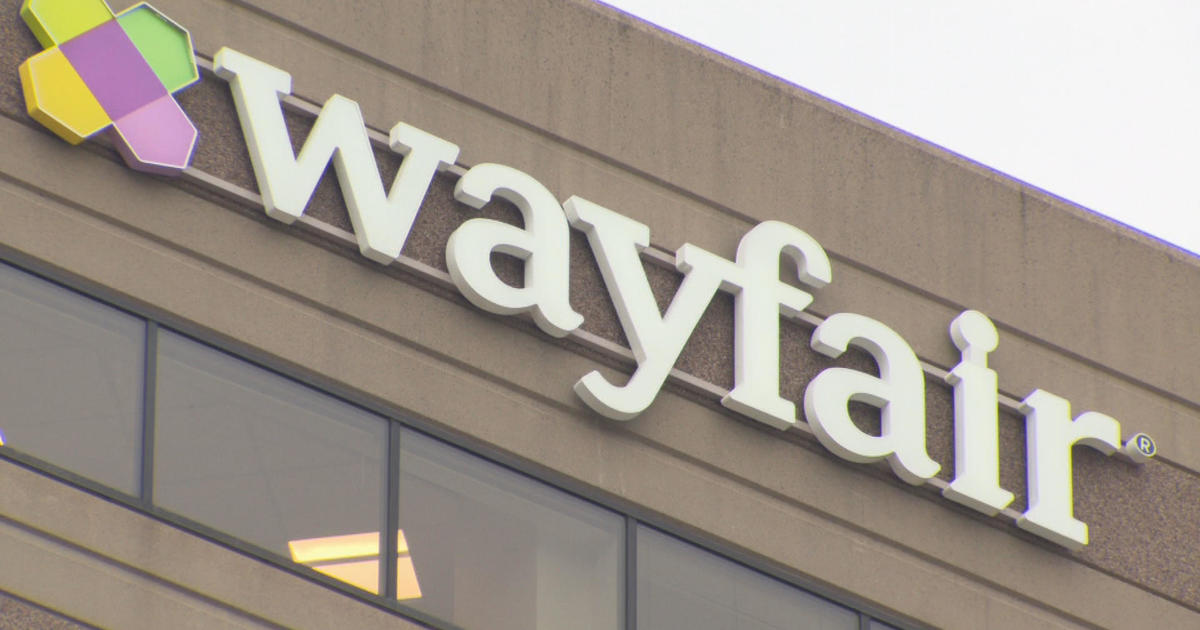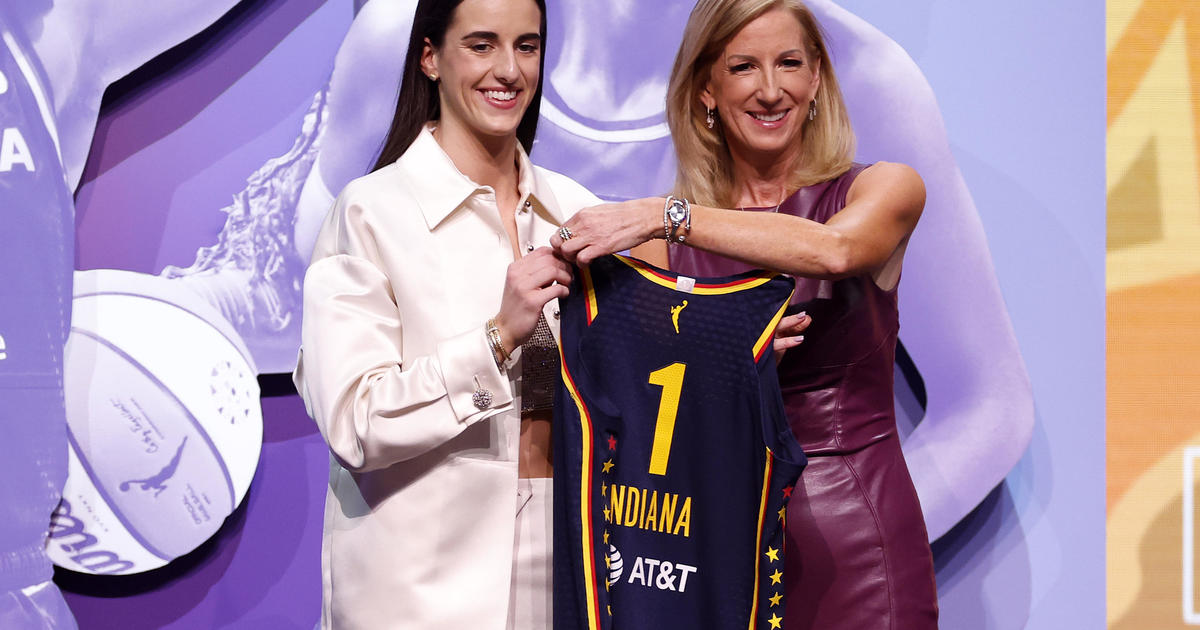Pearson ditches print textbooks for college students in digital-first strategy
- Facing pressure from the resale market, U.K. publisher Pearson on Tuesday said it's ending all regular revisions for its print college textbooks.
- The company said it will instead focus on updating its digital products more frequently, offering artificial intelligence capabilities, data analytics and research.
- Pearson and the academic publishing industry have faced criticism for driving up the cost of textbooks, spurring college students to find more affordable materials in secondhand markets.
Texbook publishing giant Pearson will soon be publishing a lot fewer textbooks. On Tuesday it said it's ending regular revisions of all print textbooks in its higher-education category. As Pearson faces mounting pressure from the resale market, the move signals a growing shift in the publishing industry to a "digital-first" model.
Instead of revising all 1,500 of its active titles every three years according to the print schedule, the British education publisher said it will focus on updating its digital products more frequently, offering artificial intelligence capabilities, data analytics and research.
Pearson is billing the decision as a way to help drive down college costs for students. But the company and the education publishing industry as a whole have been criticized for years for the rising prices of textbooks. That has pushed a majority of students into secondhand textbook markets like Chegg or spurred them to forego buying class materials altogether.
The average cost of college textbooks rose about four times faster than the rate of inflation over the last decade. "Our digital first model lowers prices for students and, over time, increases our revenues," Fallon said in a statement. "By providing better value to students, they have less reason to turn to the secondary market.
Pearson's e-books can cost about $40 on average and go up to $79 for additional learning tools like homework assistance. That compares to prices that can go as high as $200 or $300 for a print textbook, according to Pearson CEO John Fallon, though students can still rent one for $60 on average.
Cutting costs
Pearson will eventually save money by printing less. Fallon said after Pearson invests more in its digital platforms, the company can reduce costs for warehousing large amounts of inventory. "This is something we've been working toward progressively," he told CBS MoneyWatch. The company said it already generates about 62% of its revenue from digital products.
Over the years, detractors of online learning have criticized digital textbooks as ineffective, saying the extended time students look at screens is detrimental to actual learning. But Fallon said the company has found that digital textbooks have become more popular in the past few years. "Students are getting more comfortable with e-books as the functionality gets better," he said.
Industry shift
Pearson isn't alone in expanding its digital textbook offerings. Rival education publishers like McGraw-Hill and Houghton Mifflin Harcourt have invested in digital content and artificial intelligence capabilities for years. McGraw-Hill announced in late June that it's also launching e-books and a mobile app for college students.
As part of its plan to expand into digital education, Pearson in January cut thousands of jobs and even sold assets like the Financial Times. In May, it was part of a group of investors -- including Chinese technology giant Tencent -- that led $100 million in funding into artificial intelligence company Prowler.io.
Pearson is also releasing its college coursework product Revel on its new online Global Learning Platform. The publisher said it plans a fall release of Aida, an AI-enabled calculus tutor for students.



